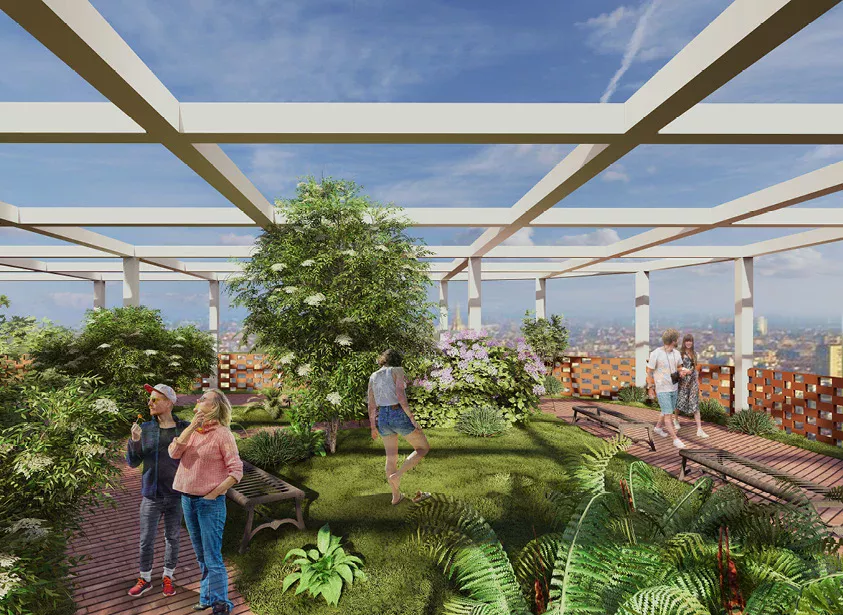How to become a Landscape Designer

Would you like to work as a Landscape Designer? Rely on Domus Academy for your professional training!

Landscape design is a true art: it combines creativity with knowledge of nature and history to bring spaces to life that enchant the eye and harmonise with the surrounding environment. The Landscape Designer is the key figure behind all of this: these professionals are responsible for transforming green areas, from private gardens to public parks.
But what are the skills and abilities of this professional figure? What is the educational path to becoming a Landscape Designer? Why does this figure play a crucial role in the industry?

To pursue a career as a Landscape Designer, it is advisable to undergo specific training in landscape design or architecture. University courses or master’s programmes provide the necessary theoretical foundations, while internships at design studios or industry companies offer essential practical experience.
Additionally, a successful Landscape Designer should possess artistic sensitivity and a deep connection with nature, along with a solid technical background, which develops by following natural instincts and inclinations.
Key skills for a Landscape Designer include a deep understanding of nature, the ability to create landscape design models, and effective management of client relationships.
Sensitivity to climate change, as well as understanding of territory, are fundamental for creating spaces based on sustainability and harmony with the surrounding environment. The ability to translate client ideas into tangible projects also requires communication and attentive listening skills, which a good Landscape Designer must demonstrate.
Landscape Designers rely on various software to transform ideas into concrete projects. Computer-aided design tools like AutoCAD and SketchUp enable the creation of detailed plans and 3D models. While it may seem obvious, even Google Earth is a useful tool for terrain surveying and analysis of existing green areas. Image rendering programmes like Lumion also allow the creation of realistic images of graphical effects and the future beauty of the designed landscape.
Landscape Designers can work in various contexts, including design studios or as freelance professionals. Their figure is required for projects ranging from private gardens to public parks, from urban greenery to corporate areas. The ability to collaborate with gardeners, architects, and production companies is crucial for completing complex and impactful projects.
The Landscape Designer is, therefore, an indispensable figure in creating landscapes in very diverse contexts: their work involves landscapes that not only capture the imagination but also promote the well-being of inhabitants through sustainable and human-centered design. The combination of creativity, technical skills, and a deep respect for nature fully characterises the figure of a successful Landscape Designer, regardless of their work environment.
Students interested in the field of landscape design can train within the three-year Domus Academy’s Bachelor of Arts in Design and/or the Master in Urban Vision & Architectural Design which include Landscape Designer among their professional outcomes.
Cities, territories, rural and urban systems constitute the fabric that connects people and places. This context is constantly changing due to geopolitical and cultural trends; perceiving and modifying it is a complicated task. Change occurs through strategies that transform the landscape, methodologies that regenerate urban areas, and design concepts that outline a means to imagine possible futures and potential new ecosystems, rooted in theoretical research and delving into the multiple facets of design.
The Master in Urban Vision & Architectural Design supports students in developing relevant creative, intellectual, and technical skills through work in the architectural design sector. Using landscape and urban and rural environments analysis as a starting point for the study of society, students will discover a wide range of design-based strategies as they delve into dynamics related to citizens, their culture, commerce, interrelations, and movement.





